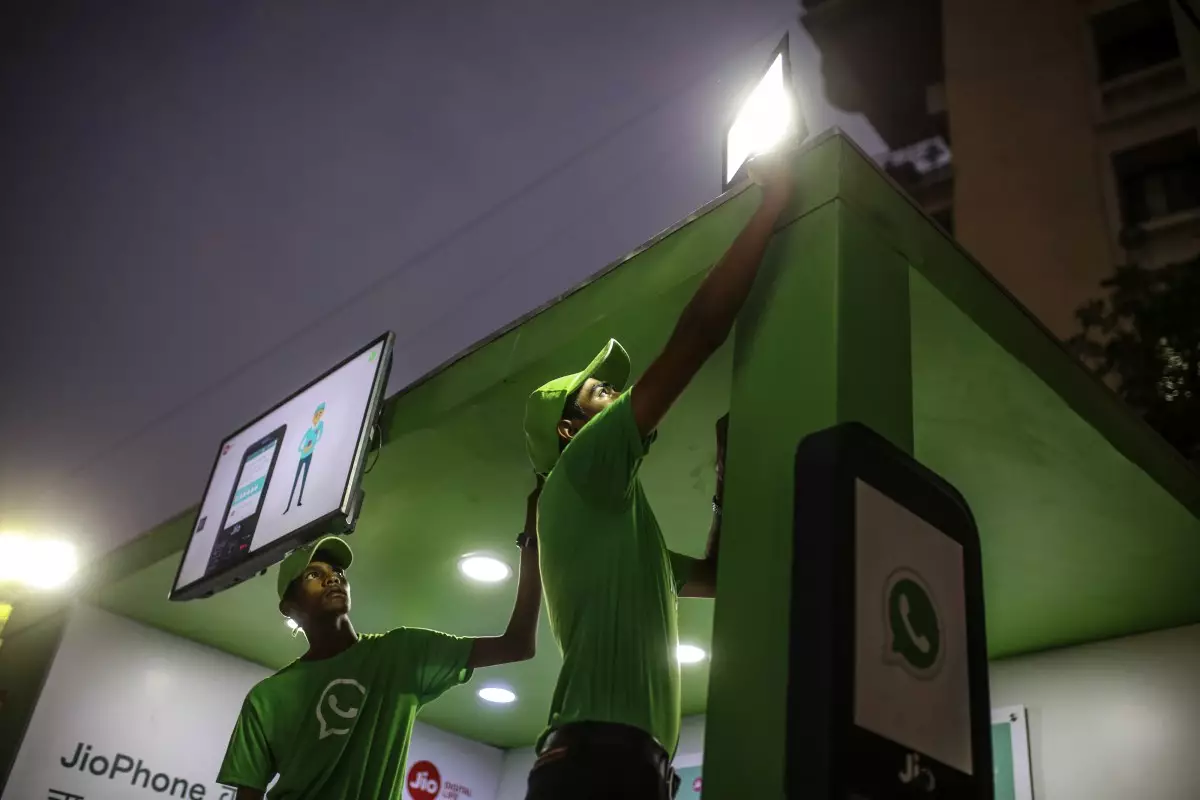In a landmark development, India has approved the expansion of WhatsApp’s payment services, granting the platform access to its massive user base without the previous restrictions that capped its reach. This strategic move, announced by the National Payments Corporation of India (NPCI), marks a significant win for Meta, the parent company of WhatsApp, as it seeks to establish itself amidst fierce competition in the country’s dynamic fintech market. With over 500 million users, WhatsApp is poised to enhance its offerings in a landscape dominated by established players like Google Pay and PhonePe.
The NPCI’s decision represents a notable relaxation of its cautious approach to mobile payment applications, which has included phased rollouts and stringent user limits. Initially, WhatsApp’s payment feature was restricted to just 40 million users in 2020, a number that increased to 100 million by 2022. Lifting this cap not only allows WhatsApp to reach its full potential in India but also signifies a potentially transformative moment for mobile payments within one of the fastest-growing digital economies in the world.
The move is particularly timely as concerns regarding market concentration in India’s Unified Payments Interface (UPI) system have come to the fore. Currently, Google Pay and PhonePe dominate the UPI space, collectively accounting for more than 85% of the transaction volume. This disproportionate share has raised alarms about competition and consumer choice in the bustling fintech arena. The NPCI’s recent decision to delay a proposal aimed at capping individual apps’ transaction shares further underscores the challenging landscape for emerging competitors like WhatsApp Pay.
By allowing WhatsApp to operate without a cap, the NPCI is not only fostering increased competition but also incentivizing other players to innovate and improve their services. As WhatsApp expands its functionalities to include features such as bill payments, ticket booking, and shopping, users are likely to benefit from enhanced convenience and reliability.
WhatsApp’s commitment to creating a seamless payment experience is evident in the company’s strategic messaging. A spokesperson emphasized the aim to make payments “simple, reliable, and secure,” suggesting that users will see an emphasis on both user experience and security. As the company works toward integrating various use-cases to increase its appeal, it is clear that WhatsApp Pay is being positioned as a serious contender in the race for digital payment dominance.
While the operational frameworks and user experiences of mobile payment platforms continue to evolve, WhatsApp’s recent triumph sets the stage for a more nuanced competitive landscape in India. The next few years will be pivotal for the platform as it rolls out its services and contends with established giants. If it can navigate the market effectively, WhatsApp Pay may redefine the payment landscape in India, providing users with new avenues for transaction convenience and integration into their daily lives.

